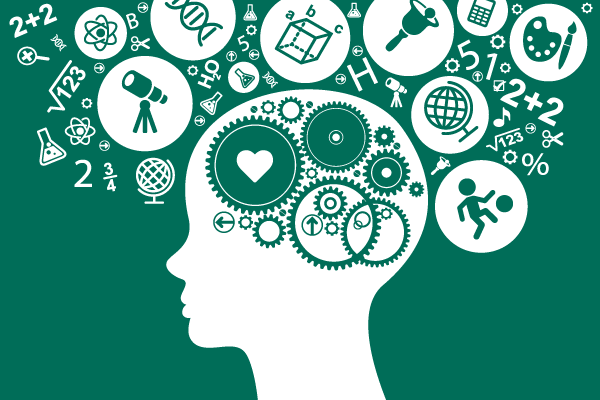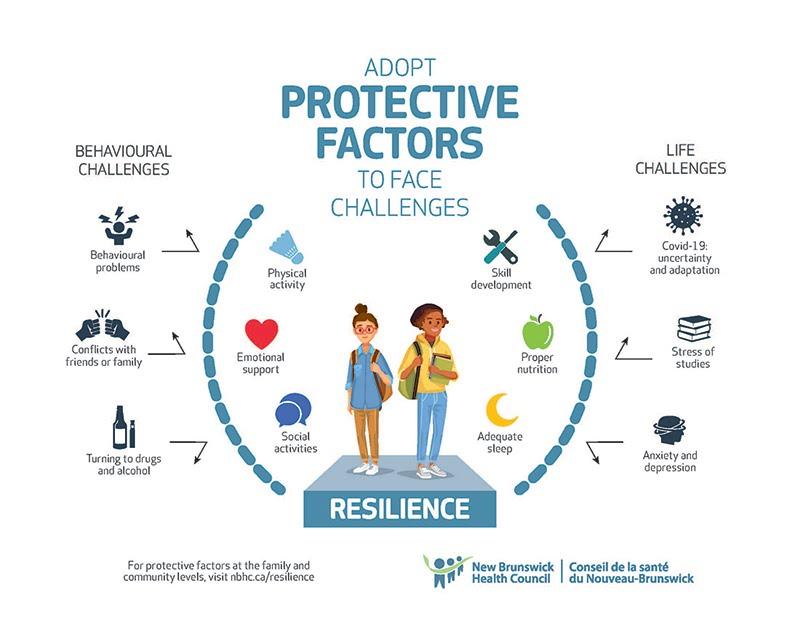Healthy Communities
A mentally healthy population cannot happen through individual actions alone; it takes a whole-of-society approach to create the living conditions that support good mental health and reduce inequities. This requires a shift in thinking towards a more holistic approach to health, which considers the many social, economic, and environmental factors that promote physical and mental wellbeing.
Mental wellness is important for both people and communities. It is a state in which every person can realize their potential, cope with the normal stresses of life, and be active, productive members of our communities.
Population mental health promotion (MHP) is a process of increasing the capacity of individuals and communities to take control of their lives and improve their mental health.
Other MHP strategies include:
- building supportive environments (e.g., schools, communities, workplaces, etc.)
- improving people's ability to cope with, and recover from, difficult situations (i.e., resilience)
- showing respect for culture, equity, social justice, and individual dignity
- Local Mental Wellness Programs
Mental health literacy means to have more knowledge and awareness of mental health and mental illness. This enhanced understanding promotes prevention, help-seeking, and self-management of mental health issues.
In recent years, there has been a growing focus on mental health literacy in PEI schools.
Mental health literacy helps to build individual and collective resiliency and capacity for overall well-being. It empowers people with the knowledge and skills needed to take care of themselves, to help each other, and to build better communities.
Resilience is closely related to mental wellness. It is a term that encompasses an individual's overall physical and psychological health. Resilience is often described as the ability to "bounce back" from adversity.
Nobody is born resilient; rather, resilience is a capacity that can be developed over time, primarily through supportive relationships and the existence of other important protective factors. Protective factors (e.g., skills, strengths, and resources) enhance an individual's ability to cope with, and overcome, difficulties in life.
Beyond adaptation and coping with life challenges, resilience is also described as an individual’s capacity to navigate to, and negotiate for, the resources needed for wellness. In other words, resilience can only be developed in relationship and community with others. We can’t become resilient on our own; finding the resources we need to be resilient depends on the quality of the social and physical environments that surround us.
In other words, resilience can only be developed in community with others. We can't become resilient on our own; finding the resources we need to be resilient depends on the quality of the social and physical environments that surround us.





